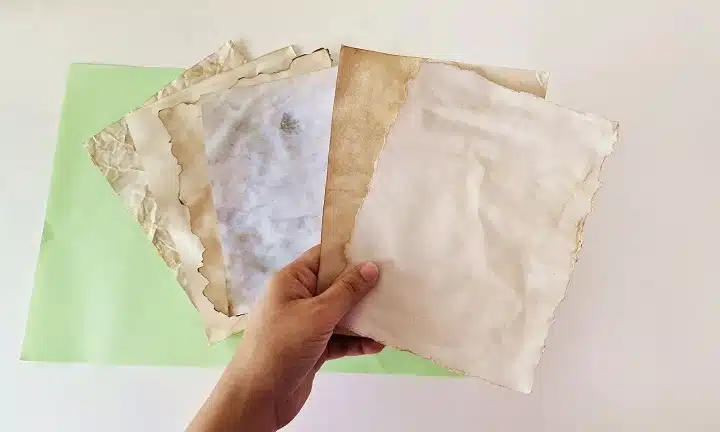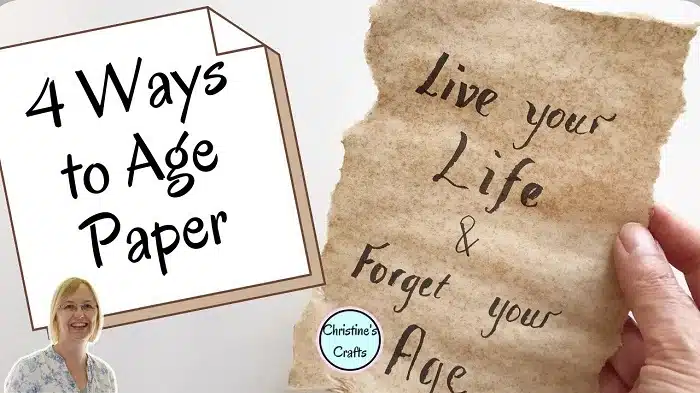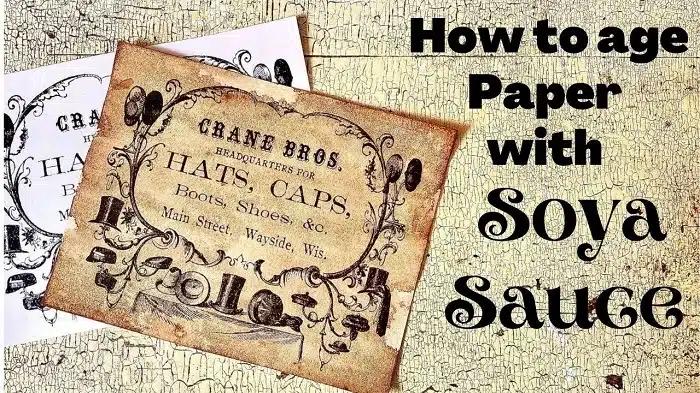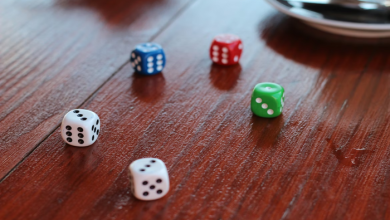
Aging paper is a simple and creative technique to give new sheets an antique, weathered appearance. Whether you’re working on a craft project, writing a treasure map, making invitations, or just love the vintage aesthetic, learning how to age paper can elevate your artwork or DIY piece beautifully.
This technique can be done at home using everyday materials and adds instant charm and history to plain paper.
Common Methods to Age Paper
There are several methods to give paper an aged or distressed look. The most popular involve using liquids like tea or coffee, baking, crumpling, burning, or using natural dyes.
Here’s a breakdown of the most used techniques:
| Method | Description |
| Tea or Coffee Stain | Gives a light to dark brown antique finish |
| Baking | Dries and slightly browns the paper edges |
| Crumpling | Adds creases and texture to the paper |
| Burning Edges | Creates realistic old-paper burns and wear |
| Ink Smearing | Adds blotchy old-style text effects |
Materials You’ll Need

To get started, gather the following basic supplies:
| Item | Purpose |
| White printer paper | Any standard sheet will do |
| Tea bags or coffee | To create the staining solution |
| Baking tray | Used for drying and browning in the oven |
| Lighter or candle | For carefully burning edges |
| Sponge or brush | For applying the tea/coffee evenly |
| Water | For soaking the paper and adjusting tone |
| Towel | For blotting and drying the sheet |
Step-by-Step: How to Age Paper with Tea or Coffee
Prepare Your Staining Solution
Brew a strong cup of tea or coffee. Let it cool before using.
Crumple the Paper (Optional)
Lightly crumple the paper and then flatten it. This creates creases that absorb the stain unevenly for a more authentic look.
Apply the Tea/Coffee
Use a sponge or brush to spread the liquid across both sides of the paper. For darker results, soak the paper in the liquid for 3–5 minutes.
Let It Dry or Bake It
For air-drying, place the sheet on a towel or hang it. For faster results and more browning, bake it at 200°F (90°C) for 5–10 minutes. Watch carefully to avoid burning.
Burn or Tear Edges (Optional)
Carefully burn the edges using a lighter or candle for a classic weathered effect. Always keep water nearby for safety.
Flatten and Use
Once dry and cool, press under a book for a day to flatten if needed. Now your paper is ready to use!
Tips for Realistic Results
| Tip | Effect |
| Use multiple tea bags | Darker, deeper staining |
| Add cinnamon to the tea | Gives paper an aged scent and richer tone |
| Drip wax or ink | Mimics old manuscript stains |
| Dry under sunlight | Natural discoloration and spots |
| Try parchment-style paper | Looks more authentic than printer paper |
Best Uses for Aged Paper

Aged paper adds a personal and artistic touch to various creative projects:
- Handmade invitations
- Art journals and sketchbooks
- Treasure maps for parties
- Scrapbooking and mixed media
- Vintage-style letters or poems
- Theater props and decor
- DIY certificates and scrolls
Frequently Asked Questions (FAQ)
Can I use instant coffee to age paper?
Yes, instant coffee works just as well as brewed — simply mix with hot water and apply.
Does tea give a different color than coffee?
Yes, tea typically creates a lighter, yellowed look, while coffee gives a darker, browner tone.
How can I make the paper smell old too?
Use cinnamon or cloves in the staining liquid, or store the dried paper with herbs or incense.
Is it safe to burn the edges of paper?
Yes, if done carefully and with supervision. Always keep a bowl of water nearby and work over a sink or metal tray.
How do I stop the paper from curling when drying?
Place a second towel on top while drying or press it under a heavy book after it’s fully dry.
Aged paper is timeless, textured, and totally customizable. With a few household ingredients and a little creativity, you can give your paper the antique feel of centuries past — perfect for storytelling, design, or simple aesthetic pleasure.




